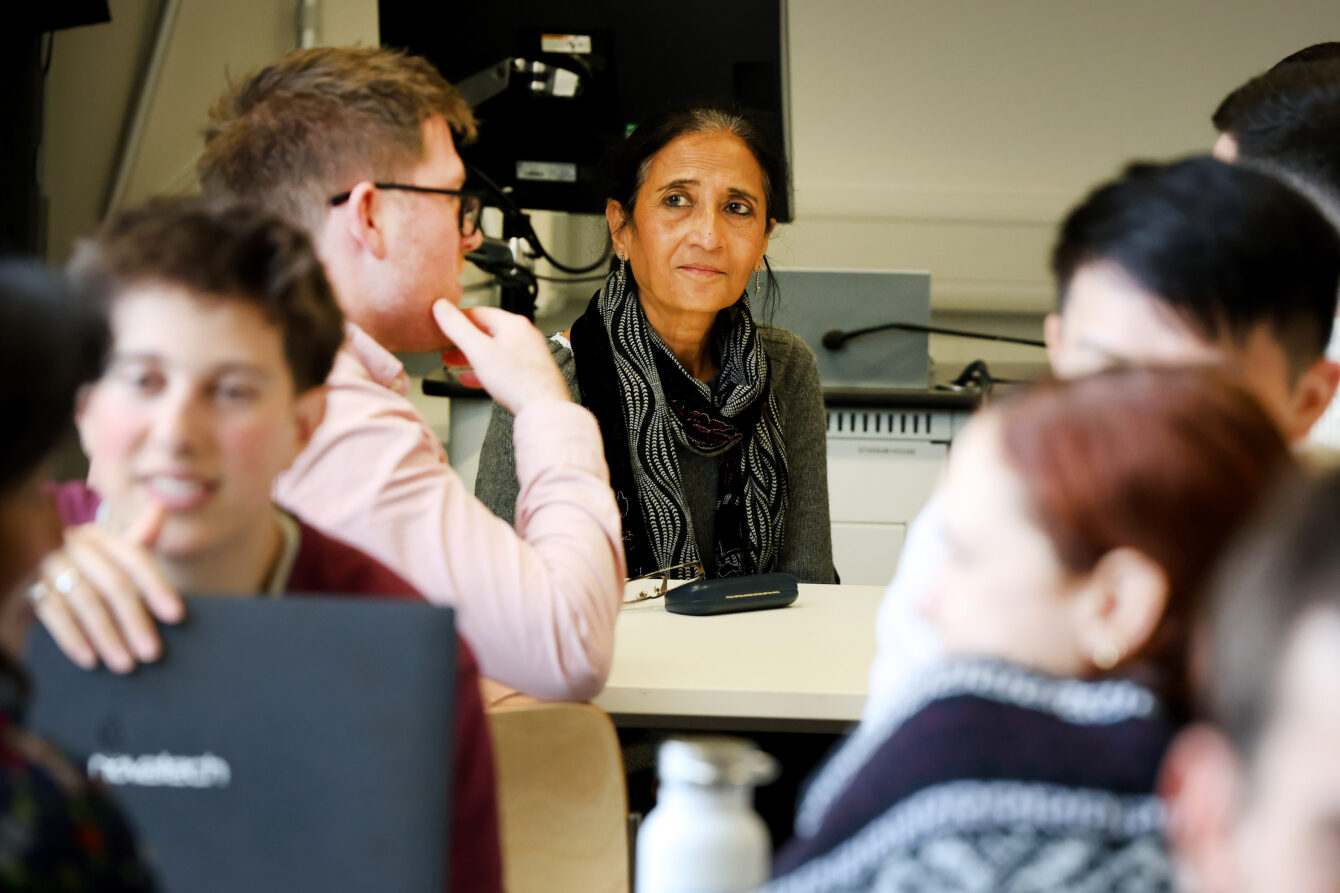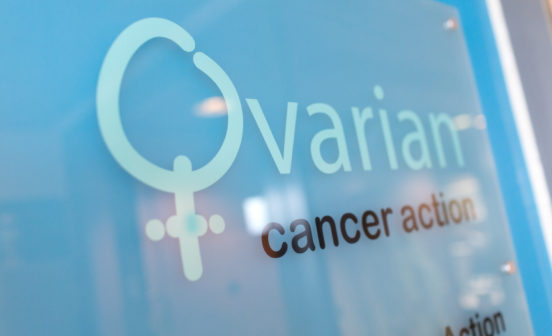PPIE Listening to Patients: How a Workshop Changed the Way Students Think About Research

On Friday, 3rd October, a special workshop took place at Hammersmith Hospital. It brought together medical students and cancer patients to talk about how research can better include the voices of those it’s meant to help.
This session was part of Imperial College London’s work on Patient and Public Involvement and Engagement (PPIE)- a way of making sure research is done with patients, not just about them.
Why Patient Involvement Matters
When patients are involved in research, it becomes more meaningful and useful. Their stories help researchers understand what really matters in treatment and care.
One student said, “Hearing directly from patients made me realise that what we’re taught is only part of the story.”
Another added, “It was very moving. It made me think more about involving patients in research — they’re the reason we do it.”
What Happened at the Workshop
About 30 students met with 10 cancer patient advocates. The patients shared their personal experiences with cancer, and students listened, asked questions, and reflected on what they heard.
The session also included a presentation about PPIE and examples of how it has improved research in the past. Students were encouraged to think about how they could include patients in their own future research.
Learning from Each Other
Kelly Gleason, a senior research nurse at Imperial and a key member of the NIHR Imperial BRC Surgery and Cancer Theme, has led many of these workshops. She says, “You really have to listen to patients. What they say might not seem relevant at first, but it can spark new ideas and help you see things differently.”
Patients also said they felt valued and appreciated by being part of the session.
Looking Ahead
This workshop showed how powerful it can be when patients and researchers work together. It helped students understand that good research isn’t just about science — it’s about people.
As one student put it, “Listening to patient experiences shows you what could be improved — and how to fix it.”
Imperial College London continues to lead the way in making research more inclusive, thanks to the efforts of people like Kelly Gleason and the many patients who share their stories.



